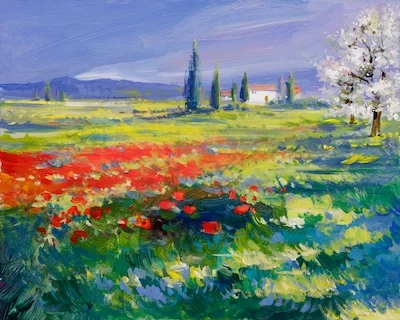Diane Arbus: Photographs, 1956-1971
to
Contemporary Calgary 701 11 Street SW, Calgary, Alberta

Diane Arbus, "Triplets in their bedroom, N.J.," 1963
gelatin silver print; printed by Neil Selkirk. 50.8 × 40.6 cm. Gift of Robin and David Young, 2016. 2016/869. Copyright © The Estate of Diane Arbus
In 1956, photographer Diane Arbus (1923–1971) marked a roll of film with the number 1 and her career as an artist began. Over the next 15 years, she produced a body of work that would revolutionize not only the portrait genre, but the medium of photography more broadly.
Working mostly in and around New York City, Arbus selected her subjects—couples, children, nudists, suburban families, circus performers, and celebrities, among others—for their singularity. “I would like to photograph everybody,” she declared in a letter to a friend in 1960. Arbus aimed to describe, in vivid detail, a range of human difference, at a moment when visual culture strove instead to emphasize uniformity.
This exhibition, drawn from the Art Gallery of Ontario’s collection, presents the full chronological arc of Arbus’ work. From the early, intimate 35mm format prints to the sharply focused square format she embraced after 1962, these photographs allow us to trace the artist’s evolving vision as part of a changing social landscape.
Diane Arbus: Photographs, 1956-1971 is organized by the Art Gallery of Ontario.
About the Artist:
Diane Arbus revolutionized the art she practiced. Born in 1923, Arbus grew up in an affluent New York family that owned a department store on Fifth Avenue. At age 18 in 1941 she married Allan Arbus and for a decade the couple worked together - he as photographer, she as stylist, producing photographs for fashion magazines. Although she started making pictures for herself in the early 1940s, it was only in 1956, when she numbered a roll of film #1, that she began seriously pursuing the work for which she has come to be known. During the 1960’s she published more than 100 photographs in leading magazines like Esquire and Harper’s Bazaar. Arbus was awarded Guggenheim Fellowships in 1963 and 1966 for her project, “American Rites, Manners and Customs”. The photographs she produced in those years attracted a great deal of critical and popular attention when a group was selected for the legendary 1967 New Documents show at the Museum of Modern Art, New York. When she died by suicide in 1971, she was already something of a legend among serious photographers, although only a relatively small number of her most important pictures were widely known. In a career that lasted little more than fifteen years, Diane Arbus produced a body of work whose style and content have secured her a place as one of the most significant artists of the 20th century.
Info

 Google
Google Yahoo
Yahoo Outlook
Outlook ical
ical